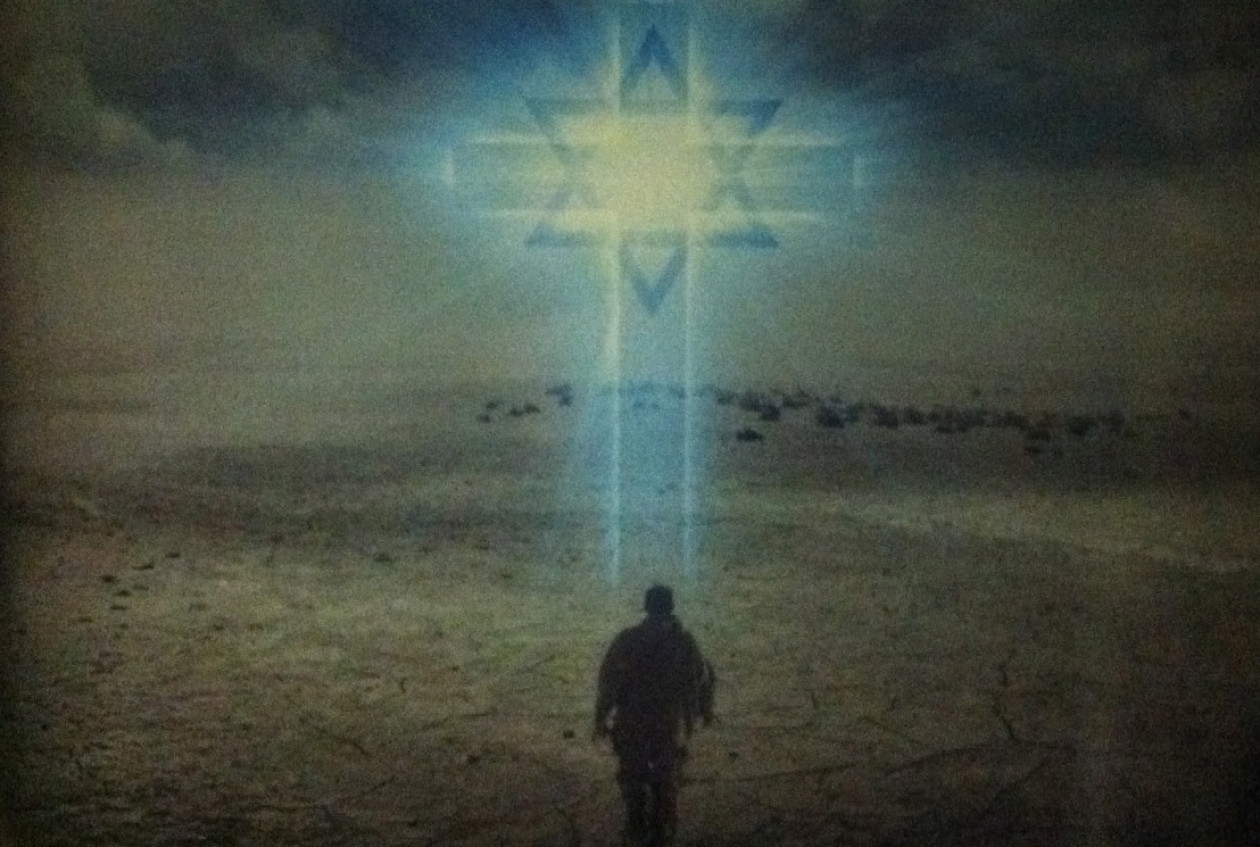Everyday,on my way to our thrift store, I pass by a large necropolis (a city that houses the dead), i.e., a graveyard. Yesterday, as I passed the large, and very expensive marble edifices, which inform the living about, who resides in this somber city, I contemplated on the day that I would become one of its citizens . Suddenly, I found myself echoing the Apostle Paul’s words, “O wretched man that I am, who shall deliver me from this body of death?” (Romans 7:24)
I did not allow myself to sink into a pit of despair, where I would surrender all the joy of life, and prematurely join the dead. Instead, my faith pulled me back up to the solid ground of hope. See, since the Apostle Paul said that to be absent from the body, is to be present with the Lord, I have a hope (an unshakable expectation) that when my body dies, I will leave it, and be in the presence of Jesus.
Moreover, I hope for (I fully expect, and look forward to) that day when the bodies of all the saints, who reside in graves, will suddenly spring to life, and the saints, who still walk the earth, will be called up to meet the Lord in the air. Of course, I am speaking of the rapture.
As I passed the graveyard, and put my faith into action, I suddenly realized how silly this must sound to the people of the world, who are without faith, and consequently, without this hope. Most of the people of the world have put their faith in science. So, they fully expect that they will become permanent residents of the necropolis.
I get it: To a worldly person, my faith is outrageous.
What about the faith of the worldly people?
Science can not explain where the molecular machines that build proteins come from, because these machines are made up of the very proteins that they are suppose to build. Moreover, science can not explain where the information, which drives these molecular machines came from. There is no law, chemical affinity, electrical affinity or physical necessity that governs nucleotide placement.
Something arranges specific nucleotides in specific positions, in order to generate the complex patterns that make up our DNA. A small percentage of our DNA codes for proteins, the rest controls the processes of life, and how we adapt to our environment.
The microevolution of an organism, or the adaptation of an organism to its environment, is governed by the organism’s genome (its DNA). Environmental conditions can switch off, or switch on, certain genes, in order to initiate control processes, and/or protein synthesis, which can help a particular organism survive in a particular environment. This adaptation, however, is limited by the organism’s genome, which means that a finch can grow a larger beak, but it can not grow large teeth, and slowly morph into a massive dinosaur.
These microevolutionary events happen way, way downstream from the embryonic development phase, which means that they can not produce massive changes in an organism’s body plan. That is, they can produce a larger beak, but they can not turn a bird into a dinosaur. If mutations (random changes in nucleotide placement) could change body plans for the better, and make them selectable, they would have to occur within the DNA that regulates the embryonic development of an organism. What science has discovered, however, is that mutations within the embryonic developmental DNA always produces disabled organisms or destroys them altogether.
In short, life is a mystery. Science does not know how life began, or how it diversified into the forms that we see today, including man.
If science does not know what life is, or where life came from, how does it know that a man’s spirit doesn’t give life to his body? How does science know that a man’s spirit does not go anywhere when his body dies? How does science know that Yahweh is not the giver of life, and that He is able to make a dead body live again?
Science does not know, because science deals with the category of objects, and man is in the category of subjects. Subjects can explain objects, and how they interact with each other, but subjects can not explain themselves in terms of objects, and their interactions. This is why science has no answer for what consciousness is, and how it comes into existence, i.e., science cannot answer the “hard problem”.
A person’s theology, informs his philosophy, and his philosophy influences how he assigns meaning to scientific facts. The scientific facts are all we really know for sure. My theology, and philosophy places the scientific facts within a framework that explains the mystery of life. The theology, and philosophy of a worldly person ends with questions, and promises to answer them tomorrow.
Tomorrow may never come: The necropolis will expand today.
Christianity says that I will never become a citizen of the necropolis, but, it is possible that my body could for a short time. Scientism says that I will become a permanent resident of the necropolis.
So, which faith is outrageous?
Well, Christianity explains the mystery of life, and scientism does not. So, it seems to me, that scientism is the most outrageous faith.


 Follow
Follow
